Bangalore is a significant trade hub in India, playing an important role in international shipments, particularly with ocean freight. Bangalore is one of India’s fastest-growing logistics centers and handles a substantial cargo volume daily, connecting businesses to international markets. The Bangalore customs clearance process is essential for maintaining the smooth flow of goods, ensuring compliance with trade regulations and safeguarding national security.
The objectives of customs clearance in Bangalore extend beyond documentation and inspections; they serve as an essential mechanism to protect national interests, prevent illegal trade, and streamline legitimate cargo movement. As a shipper, understanding the intricacies of this process is crucial to ensuring that your cargo reaches its destination without unnecessary hurdles.
Regulatory Framework Governing Customs Clearance
The Bangalore customs clearance process operates within a robust regulatory framework designed to ensure the lawful movement of goods while upholding national security. Key governing bodies, regulations, and national policies play an integral role in managing and streamlining customs procedures, ensuring compliance and efficiency in the logistics sector.
Understanding this framework is crucial for businesses to avoid delays and ensure smooth cargo clearance.
Key Governing Bodies and Their Roles
The Bangalore customs clearance process is governed by several critical authorities to ensure smooth and lawful cargo movement. The Central Board of Indirect Taxes and Customs (CBIC) is the primary body that formulates and implements customs policies across India. They work alongside the Directorate General of Foreign Trade (DGFT) to ensure goods comply with India’s import and export regulations.
Locally, the Bangalore Customs House oversees all cargo entering and exiting the city’s ports, ensuring the enforcement of laws. In addition to CBIC, the Customs Brokers Licensing Regulations (CBLR) also play a key role. Customs brokers act as intermediaries, facilitating communication between shippers and customs authorities.
These bodies ensure that the customs clearance process upholds the country’s trade laws, supports national security, and aids in logistics efficiency.
Important Regulations and Compliance Requirements
The customs clearance process is governed by multiple regulations that ensure the lawful import and export of goods. Compliance with the Customs Act of 1962 is fundamental, as it outlines the framework for all customs procedures in India. Goods must also meet the standards set forth by the Foreign Trade Policy (FTP), which governs import-export licensing and duty payments.
Additionally, importers and exporters must adhere to Goods and Services Tax (GST) regulations, ensuring accurate taxation of goods. Failing to keep up with these regulations can result in hefty penalties, delays, or even the confiscation of shipments.
Regular updates to these laws, often guided by national security interests and global trade practices, make it essential for shippers to stay informed and work closely with customs brokers.
Integration of National Policies in Customs Procedures
Policies like Make in India and Digital India play a significant role in shaping customs operations, focusing on boosting trade while ensuring transparency and security. Introducing the Authorized Economic Operator (AEO) program allows for faster customs clearance for businesses that meet stringent compliance criteria.
Furthermore, integrating single-window clearance systems helps reduce delays by streamlining the documentation and clearance processes. These initiatives, along with the focus on digitizing records and customs formalities, ensure that Bangalore customs clearance contributes positively to the national economy and security, creating a reliable and efficient trade environment.
Also Read: Customs Clearance and Compliance Management Software
Impact of Customs Clearance on National Security
Customs clearance is crucial in safeguarding national security by regulating the flow of goods entering and leaving the country. Through rigorous screening and compliance checks, it helps prevent illegal activities and ensures that shipments meet national safety and legal standards.
Role in Preventing Illegal Imports and Exports
The customs clearance process is a frontline defense against illegal imports and exports. By enforcing strict regulations and conducting thorough inspections, customs authorities help prevent the entry of prohibited goods, contraband, and unregulated materials that could threaten the country’s security.
Screening and Risk Assessment Measures
Advanced screening and risk assessment tools are employed to identify potential threats during customs clearance. Systems like X-ray scanning and pre-shipment documentation checks enable authorities to assess risks, flag suspicious cargo, and ensure that only safe and compliant goods cross borders.
Collaborative Efforts with Security Agencies
Customs clearance procedures often involve close collaboration with national security agencies like the Directorate of Revenue Intelligence (DRI) and the Central Industrial Security Force (CISF). This cooperation ensures swift action in cases of suspected illegal activity, further enhancing the country’s ability to maintain security at borders and ports.
Logistical Implications of Customs Clearance
Customs clearance is a critical step in logistics, significantly impacting the efficiency of import and export operations. In Bangalore, the customs process affects various aspects of the supply chain, from shipment timelines to overall logistical coordination, making it vital for businesses to navigate it efficiently.
Efficiency in Import and Export Operations
The efficiency of Bangalore customs clearance directly impacts the speed of import and export operations. Delays in customs procedures can lead to extended shipment times, increased costs, and disrupted delivery schedules. By streamlining customs clearance, businesses can enhance the flow of goods, reduce lead times, and ensure timely deliveries.
Supply Chain Management and Control
Customs clearance is also a key factor in effective supply chain management. Efficient customs procedures allow businesses to maintain better control over their inventory and optimize supply chain workflows.
Challenges and Solutions in Logistical Coordination
Logistical coordination can be challenging when navigating customs regulations, especially with complex shipments. Common issues include delays due to incomplete documentation, changing rules, or miscommunication between stakeholders. Intoglo addresses these challenges by offering comprehensive services, including customs entry before shipment arrival, pre-screening, and a dedicated team for compliance.
Navigating customs clearance in Bangalore can be complex, but Intoglo offers a streamlined, end-to-end logistics solution to simplify the process. With seamless transport and hassle-free customs handling, Intoglo ensures smooth shipment from India to the USA.
- Comprehensive Customs Clearance: Efficient customs processing from origin to destination with our expert compliance team.
- Pre-Screening for Compliance: Proactive pre-screening of shipments to meet all regulatory requirements.
- PAN India Pickup: Fast, reliable pickups across India within 24 hours.
- Dedicated CFS Space: Exclusive Container Freight Station (CFS) facilities at major ports for seamless cargo handling.
- Global Ocean Freight: Robust ocean freight services with secured contracts with major shipping lines.
- Full Destination Services: End-to-end destination handling, including CFS, customs clearance, and last-mile delivery.
- Customs Bond Services: Specialized bond options for USA-bound exports, easing customs processing.
Also Read: Procedures and Documents Required for Export
Common Obstacles in the Clearance Process in Bangalore
Navigating Bangalore customs clearance can present several challenges that disturb the regular flow of goods. Understanding these common obstacles and finding the right solutions is crucial for shippers.
- Incomplete or Incorrect Documentation
One of the most common issues is incomplete or incorrect paperwork, which can lead to delays in clearance. Missing invoices, incorrect classifications, or incomplete shipping manifests can cause customs authorities to hold up shipments.
Solution: Ensure all documentation is properly prepared and verified before shipment. Working with experienced cross border logistics providers or customs brokers can help avoid costly errors.
- Incorrect HS Codes and Tariffs
Incorrectly classifying goods with the wrong Harmonized System (HS) code can lead to significant delays, fines, or miscalculated duties. HS codes are crucial for determining applicable tariffs and taxes on imported and exported goods.
Solution: Use an AI-powered HS code scanner that allows shippers to upload product images and instantly receive the correct UD-specific HS code along with the applicable tariffs. This advanced tool ensures classification accuracy, saves time, and avoids costly errors at customs.
Browse HS Code and tariffs for any products here.
- Changing Regulations
Customs regulations are constantly evolving, and staying updated can be challenging. Non-compliance with the latest laws can result in penalties, delayed shipments, or even the seizure of goods.
Solution: Stay informed about regulatory updates and collaborate with logistics providers who monitor changing rules and compliance requirements.
- Delays in Customs Inspections
Customs inspections, while necessary, can sometimes cause significant delays, especially during peak seasons. Random inspections or flagged shipments can add days to your delivery timeline.
Solution: Partnering with a trusted logistics provider that offers pre-screening and customs entry before shipment arrival can help mitigate such delays.
Contact Intoglo today for efficient, end-to-end shipping solutions in India and the USA!
Innovations in Customs Technology
The landscape of customs clearance has evolved significantly with the introduction of new technologies that streamline processes and enhance efficiency. These innovations improve the speed of customs operations and enhance security and transparency in global trade.
- Blockchain for Secure Documentation
Blockchain technology improves the security of customs documentation. Using blockchain-based systems, customs officials and shippers can store and share immutable records of import and export documents, ensuring authenticity and preventing tampering. This reduces fraud and speeds up the clearance process by creating a trusted, digital trail of all documents.
- Single-Window Clearance Systems
Single-window systems allow shippers to submit all necessary documentation through one digital platform, streamlining the customs clearance process. This technology eliminates the need for multiple submissions to various agencies, reducing paperwork and accelerating the approval process.
- Automated Risk Management Systems
Customs authorities now use automated risk management systems to screen shipments and identify high-risk cargo, such as weapons and ammunition, tobacco and alcohol, explosives and radioactive materials, etc. These systems use advanced data analytics to flag suspicious or non-compliant shipments, allowing faster processing of low-risk goods and more thorough inspection of high-risk cargo.
- AI-Powered HS Code Scanners
AI technology has transformed how HS codes and tariffs are determined. With AI-powered HS code scanners, businesses can simply upload product images and receive accurate HS codes and applicable tariffs in real time. This innovation reduces errors in classification, ensuring that shipments clear customs smoothly and avoid unnecessary delays or fines.
These innovations are reshaping customs operations, making them faster, more secure, and easier to navigate. Companies like Intoglo leverage modern customs technologies to ensure hassle-free clearance for shipments, offering end-to-end tracking, compliance solutions, and transparent updates for shippers.
Conclusion
Customs clearance contributes to safety and operational efficiency by preventing illegal imports and exports, enforcing compliance, and working with security agencies. As trade volumes increase and global markets expand, the continued integration of advanced technologies, such as AI and blockchain, will be essential in enhancing customs procedures’ speed, accuracy, and security.
If you’re looking for a seamless shipping experience, Intoglo offers end-to-end FCL shipping services from India to the USA, including hassle-free customs clearance and real-time tracking with Glotrack. Our expert handling and cutting-edge solutions ensure your shipments are managed efficiently and securely.


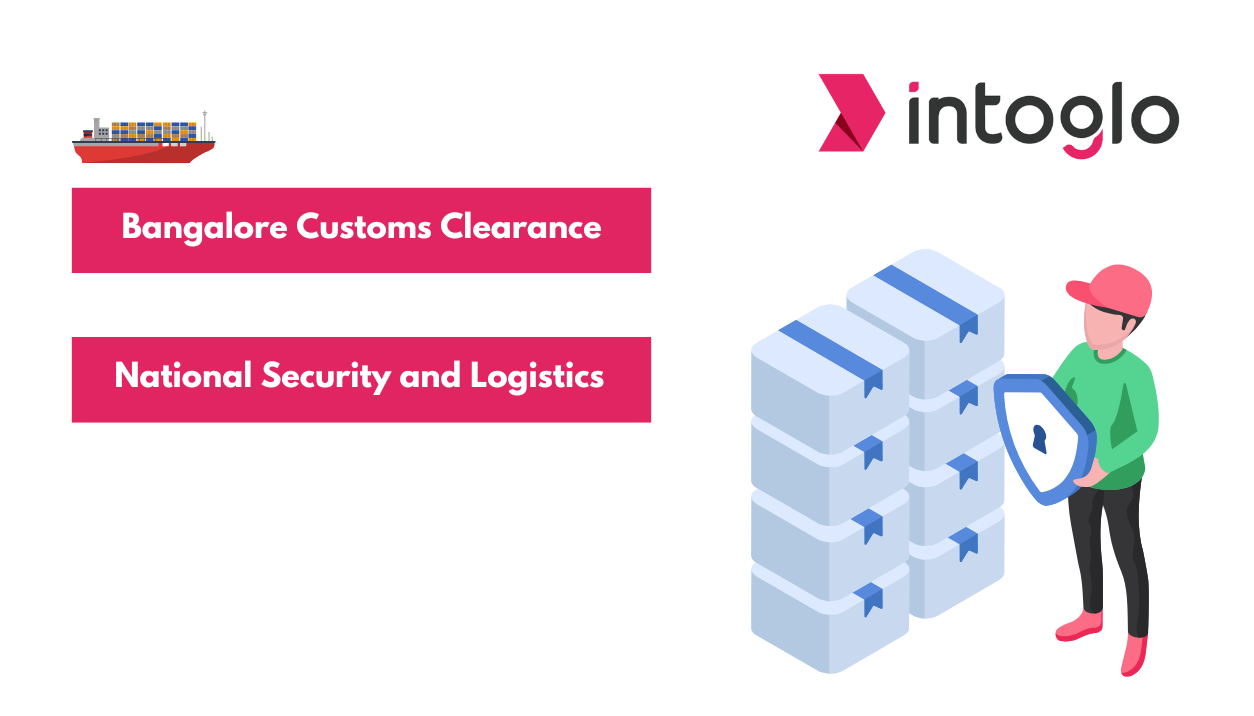
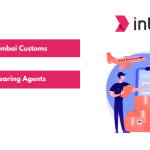
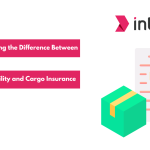
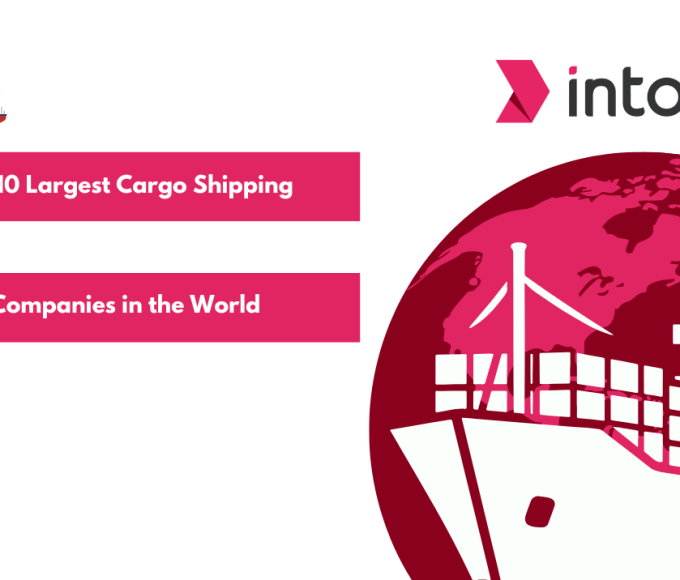
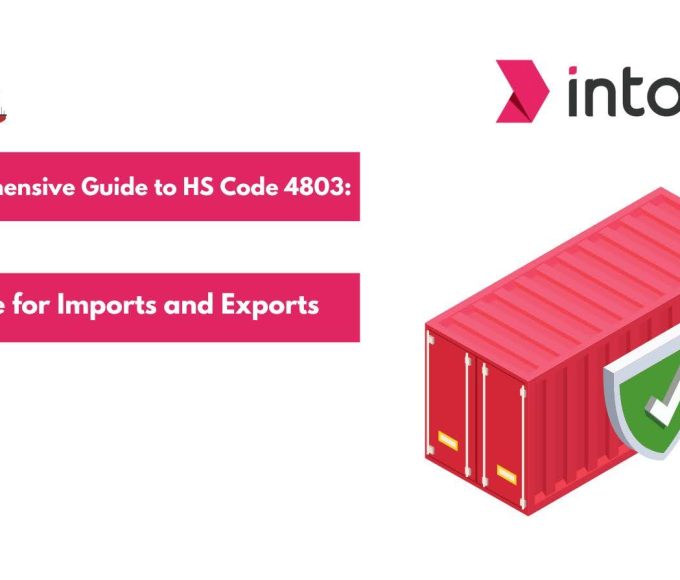
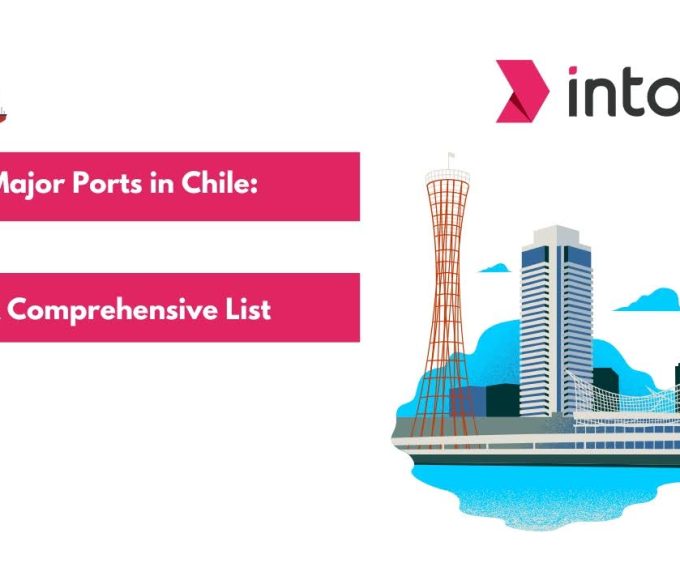
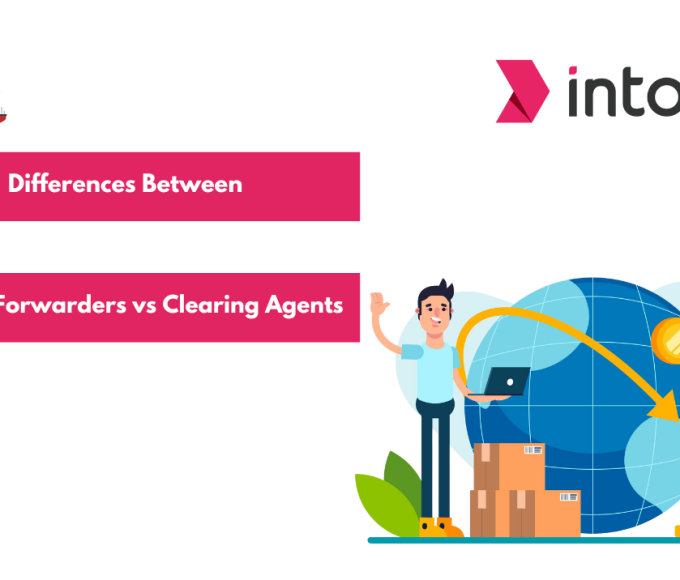
Leave a comment